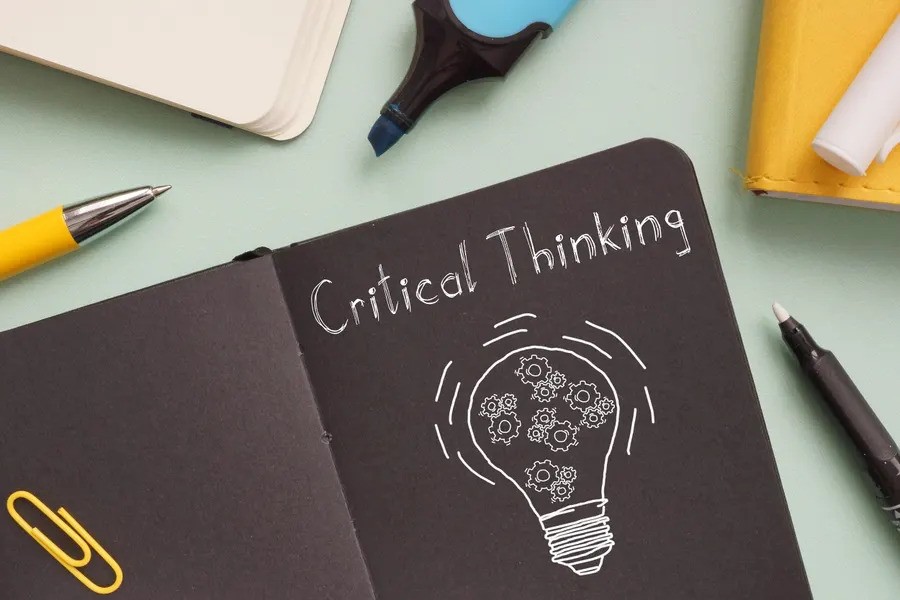The Abilities You’ll Build Up from a PhD
25 June 2024
Starting on a PhD journey is much more than earning a degree. It’s an intensive process that hones a wide range of abilities, equipping you with skills that are valuable in academia, industry, and beyond. Here’s a look at the key abilities you’ll build up during your PhD from my own experience.
1. Advanced Research Skills
One of the most fundamental abilities developed during a PhD is advanced research skills. This includes designing and conducting experiments, collecting and analyzing data, and synthesizing findings into coherent conclusions. You’ll learn to use specialized tools and methodologies specific to your field, enabling you to contribute original knowledge to your discipline. Researching thinking methods can also be developed in this process.
2. Critical Thinking and Problem-Solving
PhD research often involves tackling complex and novel problems. This process sharpens your critical thinking and problem-solving abilities. You’ll learn to approach problems methodically, evaluate evidence, consider multiple perspectives, and develop innovative solutions. These skills are crucial not only in research but also in any role that requires strategic thinking. This will help you to be successful no matter where you are and what you do.

3. Project Management
Managing a PhD project from inception to completion involves significant project management skills. You’ll learn to plan long-term research projects, set milestones, allocate resources, and manage time effectively. Balancing multiple tasks and deadlines will make you adept at prioritizing and organizing your workload.
4. Communication Skills
Throughout your PhD, you’ll develop strong communication skills. This includes writing research papers, presenting at conferences, and explaining complex ideas to diverse audiences. Effective communication is essential for disseminating your research findings and collaborating with others. These skills are highly transferable to various professional contexts.
5. Teaching and Mentoring
Many PhD students gain experience in teaching and mentoring undergraduate students. This experience helps you develop the ability to convey complex information clearly and to support the learning and development of others. Teaching also enhances your own understanding and mastery of your subject.
6. Adaptability and Resilience
The PhD journey is fraught with challenges, including experimental failures, revisions, and funding uncertainties. You’ll learn to adapt to changing circumstances, persist through setbacks, and maintain focus on your goals. This resilience is invaluable in both professional and personal contexts.

7. Networking and Collaboration
PhD programs provide numerous opportunities to network and collaborate with other researchers, both within your institution and at conferences. You’ll build relationships with peers, mentors, and experts in your field. These connections can lead to collaborative projects, job opportunities, and a supportive professional network.
8. Analytical and Statistical Skills
A PhD involves rigorous data analysis, requiring proficiency in various analytical and statistical techniques. You’ll learn to use software tools for data analysis and develop the ability to interpret and present complex data accurately. These skills are crucial in research and are also highly valued in data-driven industries.
9. Independence and Self-Motivation
Completing a PhD requires a high degree of independence and self-motivation. You’ll take ownership of your research project, make critical decisions, and drive your progress. This autonomy fosters a strong sense of responsibility and initiative, preparing you for roles that require self-direction.
10. Attention to Detail
Research at the PhD level demands meticulous attention to detail. Whether it’s conducting experiments, reviewing literature, or writing papers, accuracy and precision are paramount. This skill ensures the quality and reliability of your work and is crucial in many professional fields.
11. Ethical and Professional Conduct
PhD programs emphasize the importance of ethical and professional conduct in research. You’ll learn to adhere to ethical guidelines, handle sensitive data responsibly, and maintain integrity in your work. This foundation is essential for building trust and credibility in your professional career.
12. Interdisciplinary Understanding
Many PhD projects involve interdisciplinary research, requiring you to integrate knowledge and methods from different fields. This broadens your perspective and enhances your ability to approach problems holistically. Interdisciplinary understanding is increasingly valued in a world where complex issues often span multiple domains.
Conclusion
The abilities we develop during a PhD extend far beyond our specific research topic. They equip us with a versatile skill set that is applicable to a wide range of careers and life situations. By the end of my PhD journey, I have honed my expertise, refined my professional capabilities, and prepared myself for a future of continuous learning and growth, I believe it will be the same with you guys. Embrace the challenges and opportunities of your PhD, knowing that you are building a foundation for lifelong success.